Best Linux for Home Servers in 2025 [Tested & Compared]
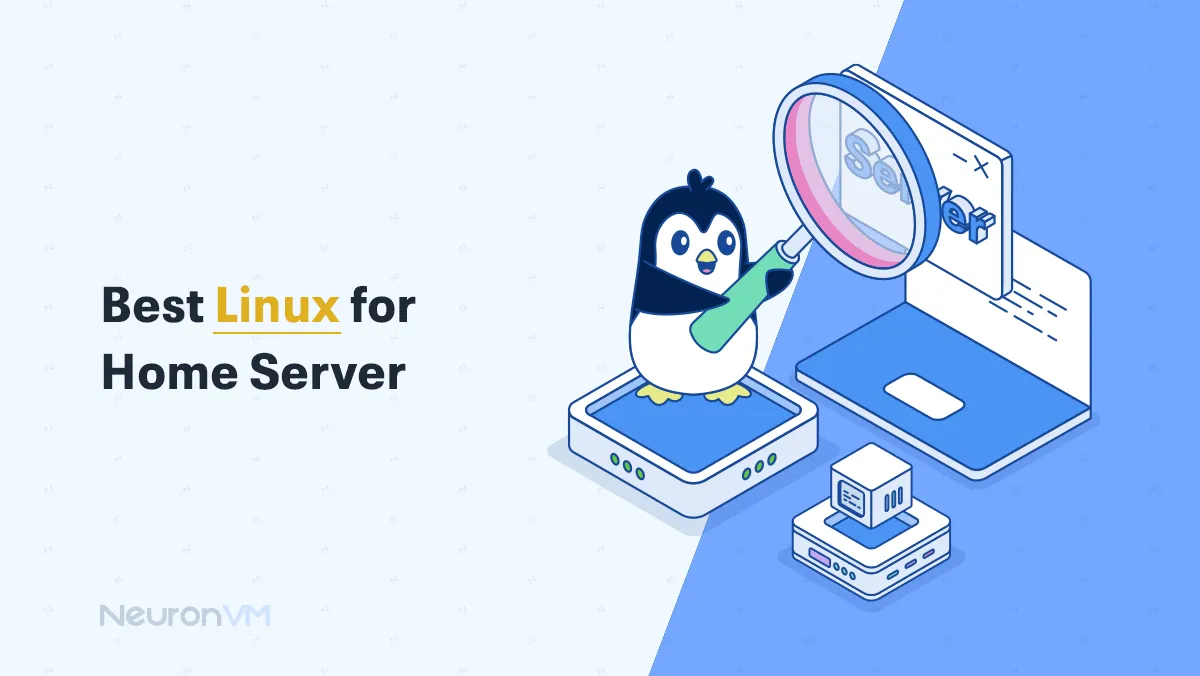
So you’re setting up a Linux for home servers in 2025 and wondering which Linux distribution is right for the job, there are countless options out there, but not all are created equal, I’ve run everything from simple file sharing servers to full on Docker stacks at home, and in this guide, I’ll break down what actually matters when picking a distro, no fluff, just real-world observations, remember you can always try our best hosting plans.
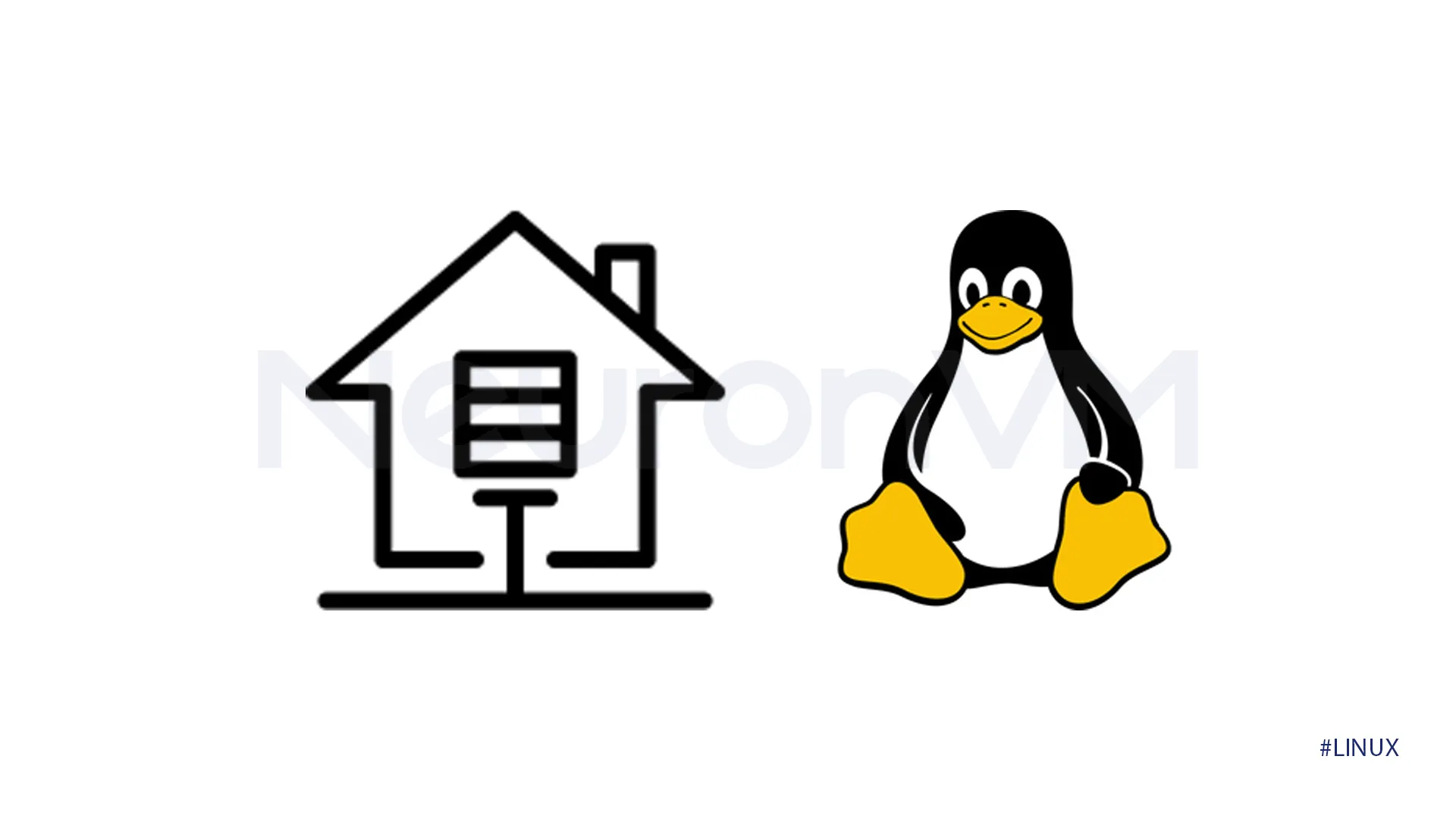
Why It’s Worth Being Picky
When your server goes down, even for an hour, it’s not just annoying; it can break backups, crash media streaming, or lock you out of remote access, That’s why choosing the right Linux distro isn’t just about what’s “popular,” It’s about what’ll keep running reliably when you’re not looking.
Choosing the best Linux for Home Servers in 2025
1- Ubuntu Server – The Most Popular Linux for Home Servers:
Use it if you want something dependable, well-documented, and also modern, I’ve used Ubuntu Server for my server, what stands out is the balance between polish and power, You get long-term support (up to 5 years), active community help, and secure defaults, plus, it just plays nice with third-party tools.
Hidden advantage: Ubuntu includes WireGuard VPN by default, so remote access is simple and fast without extra setup.
Note: There’s no GUI out of the box, which is fine for SSH users, but it could feel terrifying if you’re new.

2- A Stable Choice for Home Server Linux in 2025:
Use it if you care more about stability than shiny new features, Debian is the foundation of Ubuntu, and it shows it’s minimal and one of the most trusted server OS choices around, I’ve run Debian on a Raspberry Pi for years; it’s been boring in the best way possible.
Underrated feature: You can choose between Stable, Testing, and Unstable versions, for most home servers, “Stable” is the safe bet.
You’ll be doing more manual configuration here, and there’s less hand-holding than Ubuntu.
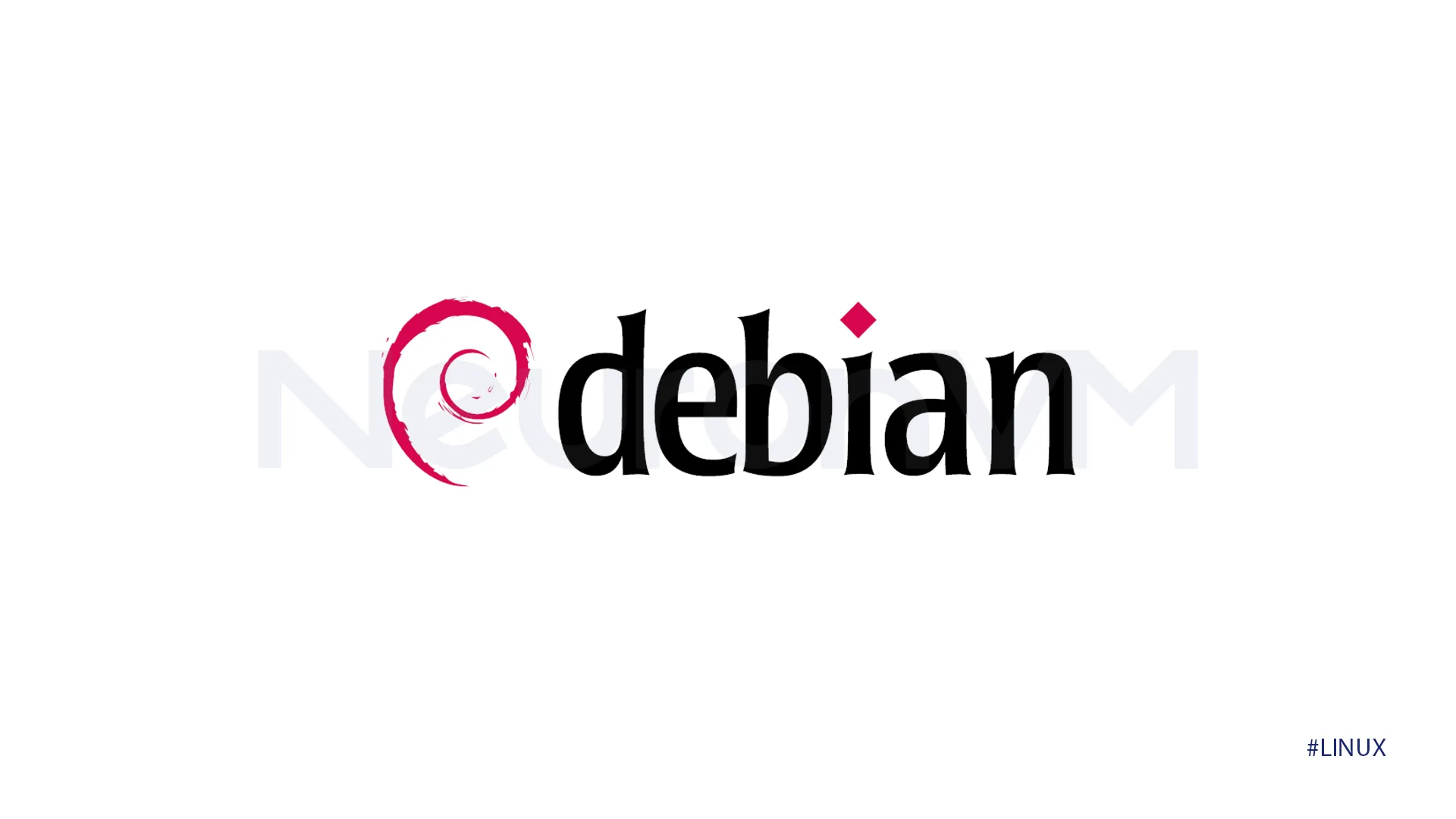
3- openSUSE (Leap or Tumbleweed)
Use it if you like total control and enterprise-grade tools, not as hyped in home setups, but openSUSE Leap offers a serious blend of stability and power, what won me over? The YaST control panel, it’s like a command center for your system settings. openSUSE also does a great job keeping package versions obvious, If you’re adventurous, try Tumbleweed; it’s a rolling release, meaning constant updates, but it’s more hands on and better suited for folks who don’t mind tweaking.
Note: Community is smaller compared to Ubuntu or Debian, so expect fewer tutorials or plug-and-play guides.
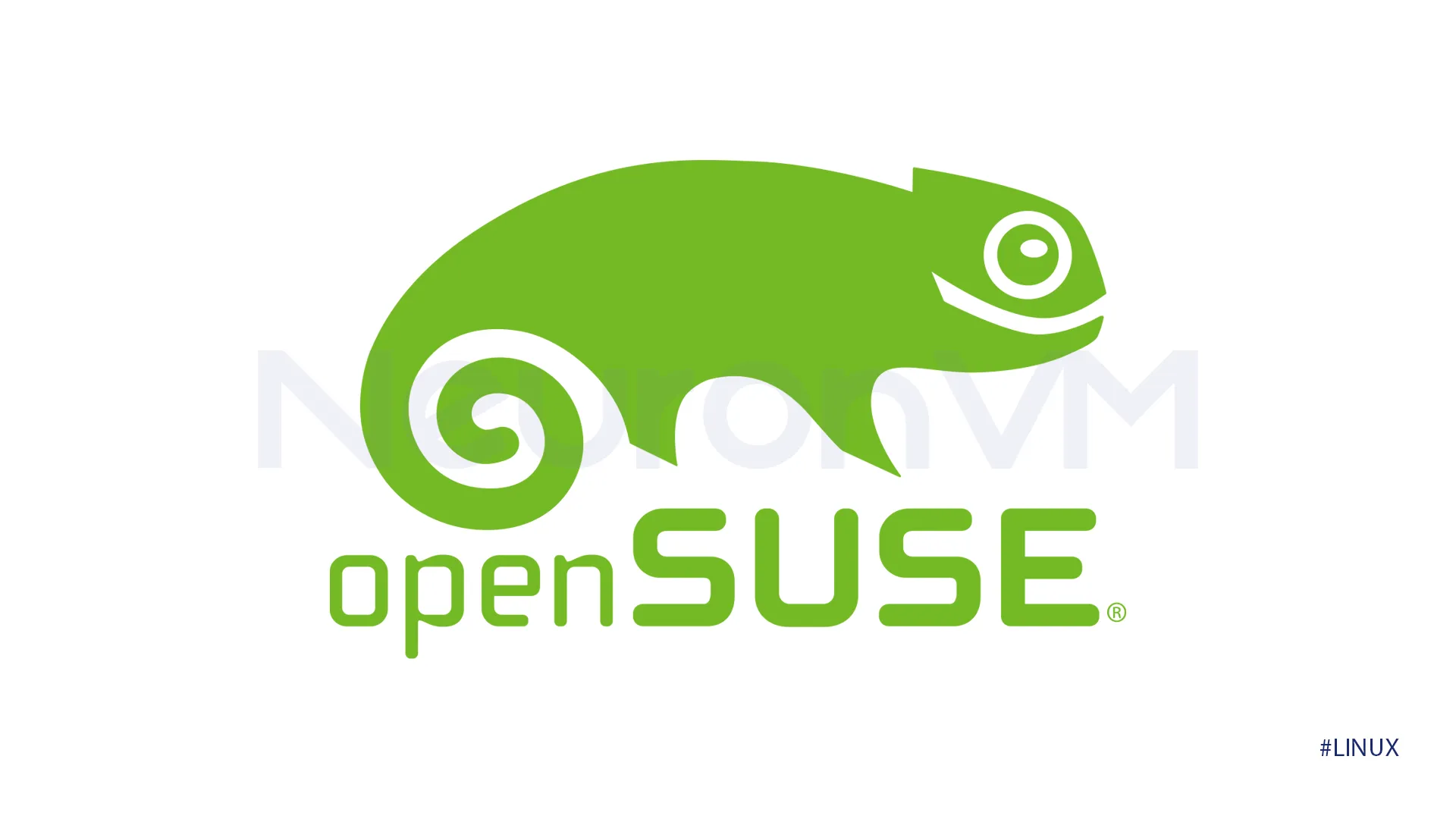
4- Fedora Server
Use it if you want the latest tech, especially for container work, Fedora Server has been my go to, It’s modern, quick, and built with devs in mind, Tools like Cockpit make it simple to monitor and manage from a browser, What’s really clever is Modularity, it lets you run multiple versions of a package at once, That’s saved me more than once when managing conflicting apps.
Note: Fedora’s support cycle is short (~13 months), so you’ll need to upgrade regularly.

5- Fedora CoreOS
Use it if you’re running a container-only system; this one’s very specific, it’s a minimal OS that updates itself and is built for hosting containers, i was impressed by how lean and secure it was, our team tested it with a cluster of mini PCs and were impressed by how secure it was.
Note: It is not designed for casual server use so there is no package manager and no desktop.
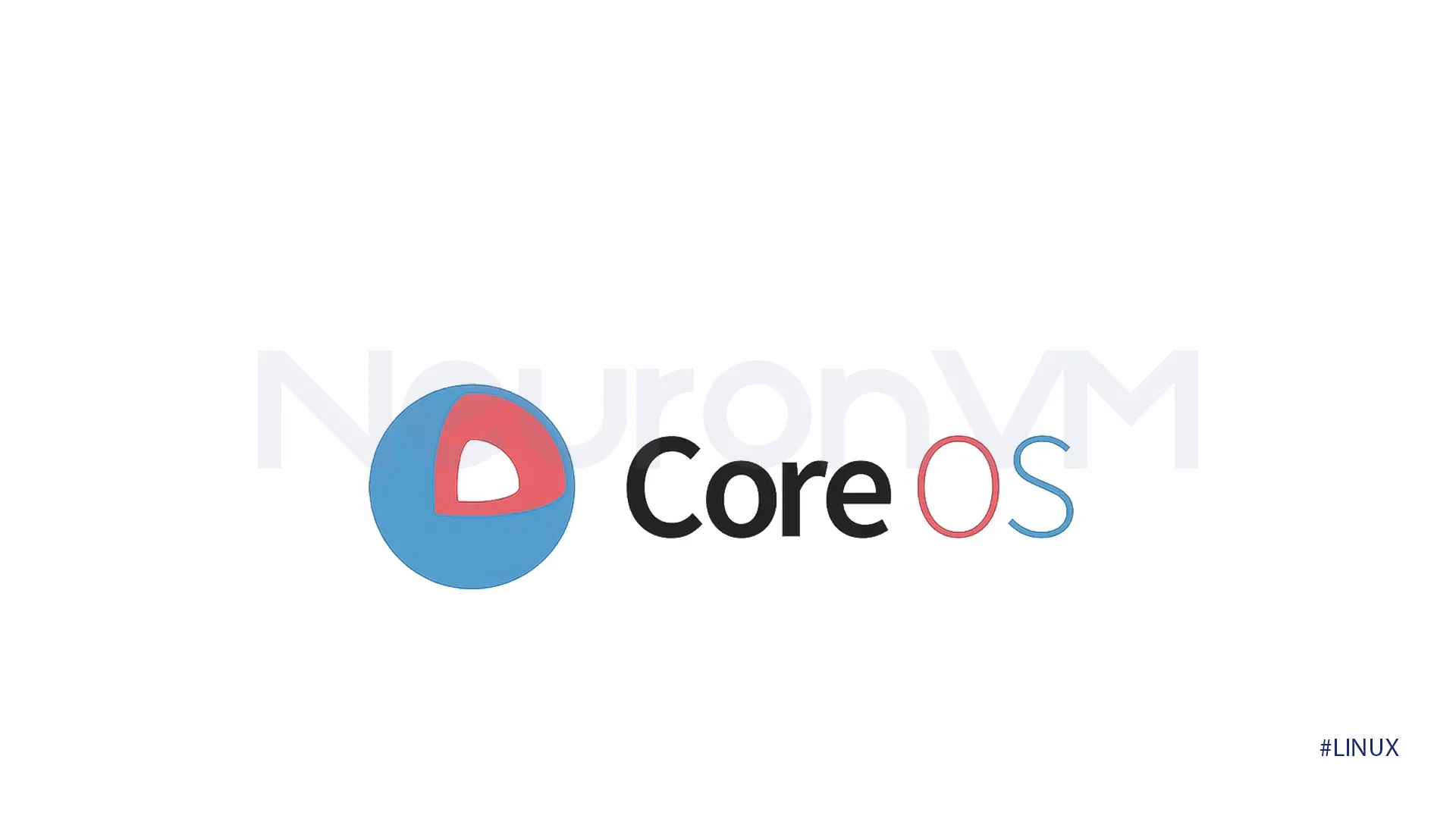 Conclusion
Conclusion
You will find a lot of people recommending Ubuntu just because it’s popular, but what really matters is how a distro fits your needs, and how much time you’re willing to spend managing it, If you want peace of mind and want to set it and forget it, Debian or Ubuntu Server is a smart start, Do you want something more customizable? Fedora-based options offer more room to experiment, Whatever you choose, make sure you’re comfortable with the level of control it gives you, A distro shouldn’t just run your server; it should make you feel confident running it.
You might like it
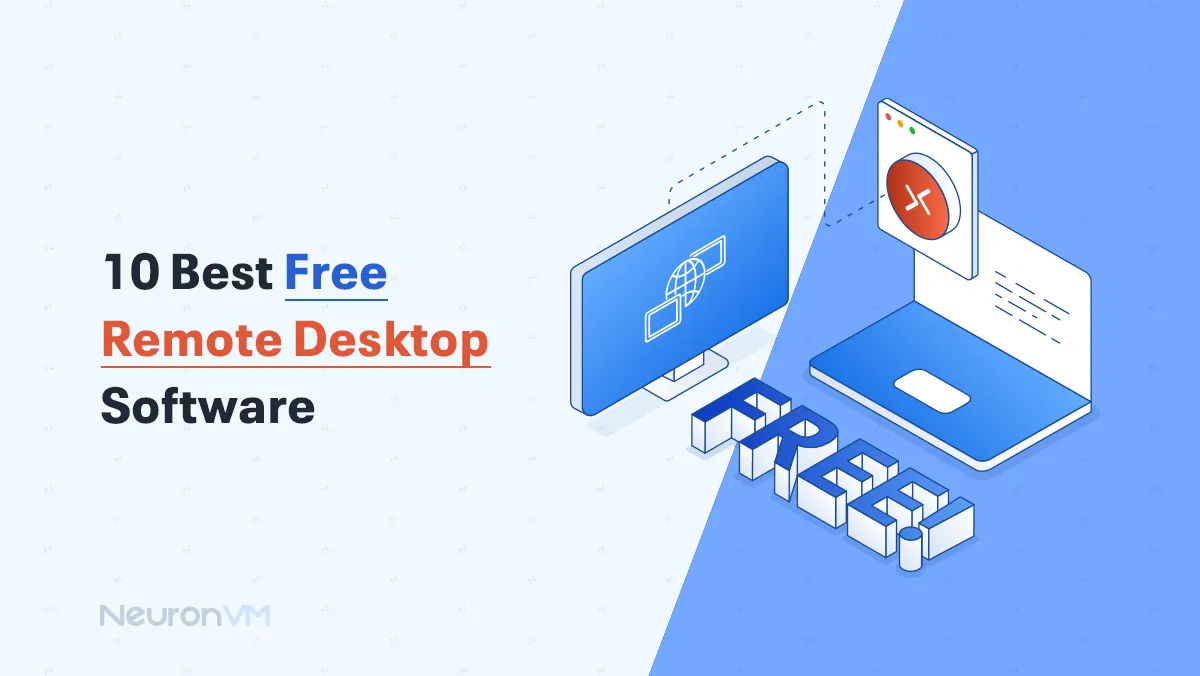
Windows Tutorials
10 Best Free Remote Desktop Software in 2025

Ripple (XRP) Guide 2025: Real Experience & Safe Wallets
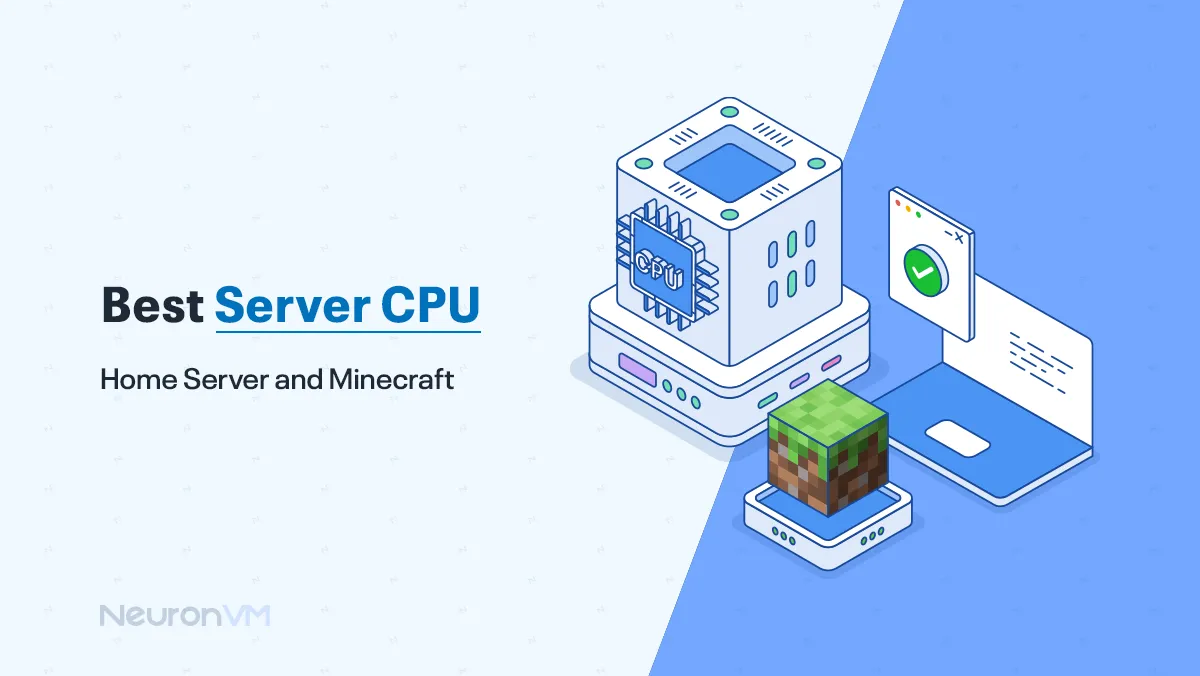
Linux Tutorials
Best server CPU in 2025 (Home Server and Minecraft)





